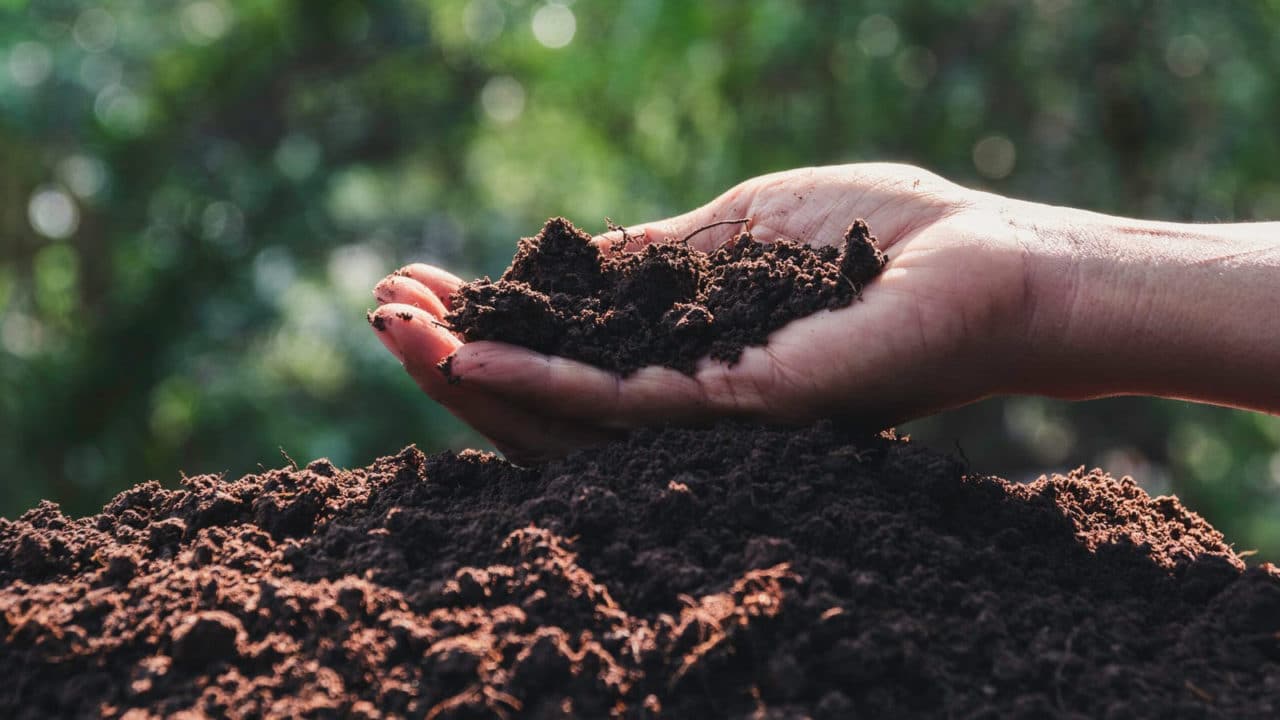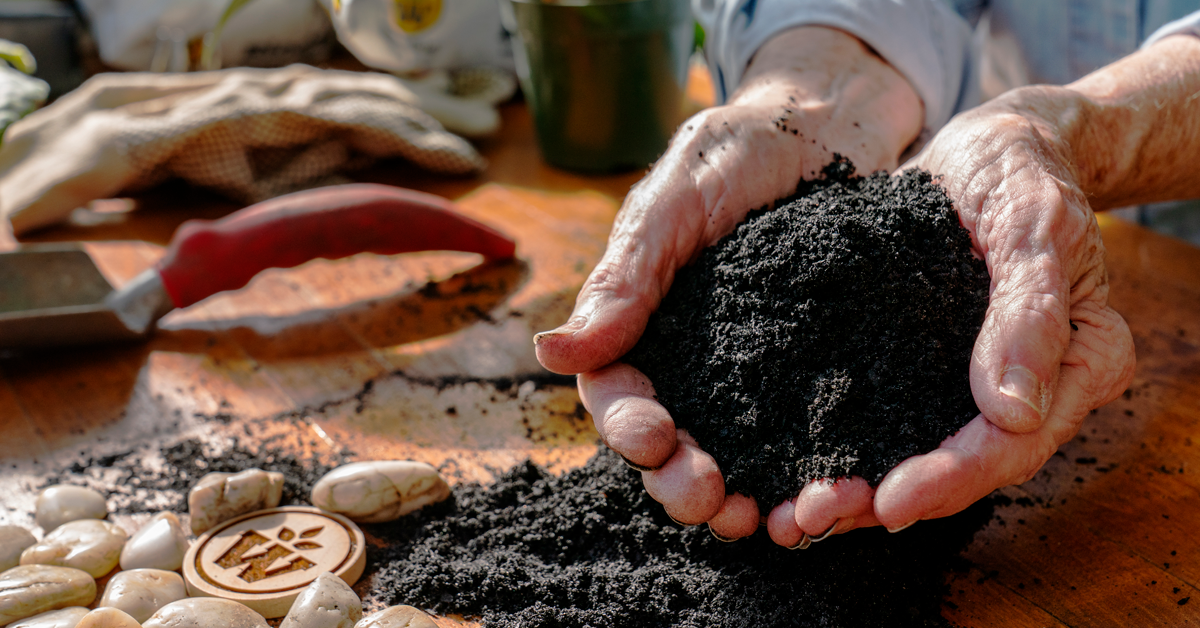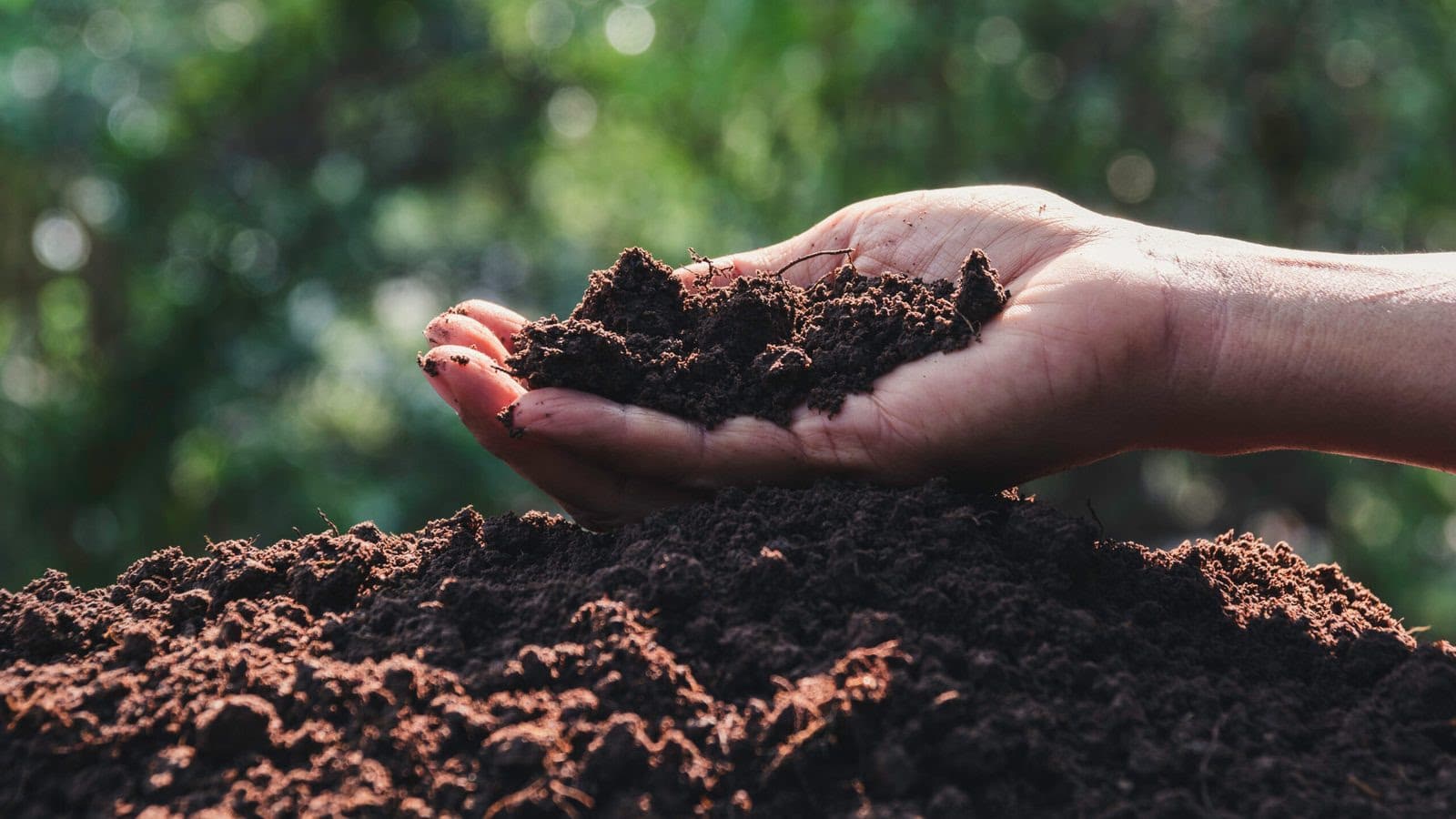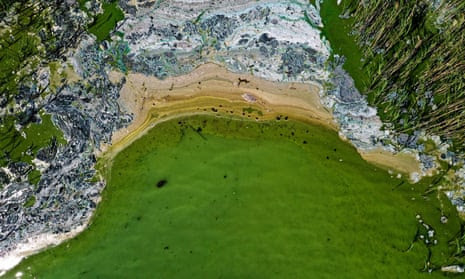
Biochar, known as biochar, is already used in agriculture and could also become a building material and help fight pollution in this sector. In particular, biochar is used in tropical countries to improve the quality and productivity of highly acidic and weathered soils. In Switzerland, scientists from the Federal Laboratory for Materials and Research suggest that biochar could be used as a CO2 sink.
The institute explains that biochar can capture and fix CO2 while enriching soils, and the researchers believe it could be adapted to the soil in temperate regions. They are thinking of making new insulation from plant waste from agriculture and forestry that could also fix CO2 in the soil with a specific chemical treatment.

The objective is to use this insulation as a construction material in the building industry and, after demolition, to recycle it and allow it to fertilize the soil. The biochar would initially capture CO2 and would be transformed into fertilizer when the building is demolished.
The building sector is one of the most polluting sectors in the world, accounting for 40% of global energy consumption, 30% of greenhouse gas emissions and 36% of the waste produced in the European Union, for example. The team working on this project estimates that biochar could remain stable in the fields for tens and even thousands of years.

However, according to scientists, many parameters still need to be improved before biochar is viable as a building material and can be commercialized. Jannis Wernery, one of the project’s scientists, says it is important to ensure that all the ingredients of the new insulation materials are suitable for later reuse as fertilizer, a marketable material must, she says, also be able to keep pace with the products developed for thermal insulation and also, guarantee adequate fire protection.




